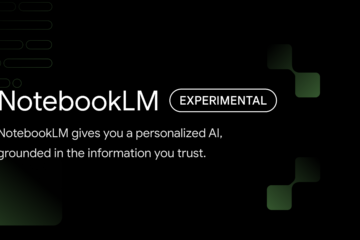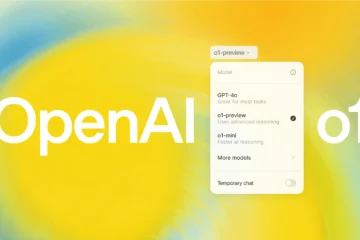Artificial Intelligence (AI) is no longer a distant concept—it’s here, and it’s revolutionizing the field of software engineering. As AI systems grow more sophisticated, they are taking over tasks traditionally performed by human engineers. This seismic shift is transforming the industry, offering new opportunities and presenting significant challenges.

The New Era of AI-Driven Coding
Imagine having an AI partner that writes code for you. This is becoming a reality with tools like GitHub’s Copilot. Powered by OpenAI, Copilot can suggest entire code snippets, debug errors, and even write functions. This isn’t just about speeding up the coding process; it’s about redefining it. With AI handling routine tasks, developers can focus on higher-level design and problem-solving. This shift is not just enhancing productivity but also redefining the role of software engineers.
The Emergence of Prompt Engineering
One of the most critical skills in this new AI-driven world is prompt engineering. This involves crafting precise instructions for AI models to generate the desired output. Initially seen as a niche skill, prompt engineering is rapidly becoming essential for software engineers. Mastering this skill can dramatically improve the effectiveness of AI tools, making it a valuable asset in any developer’s toolkit.
AI in Project Management
AI is not only transforming coding but also revolutionizing project management. Advanced AI tools integrated into platforms like Jira and Trello can predict project timelines, allocate resources, and identify potential risks. These capabilities help teams stay on track and deliver projects on time, enhancing overall efficiency and productivity. AI’s ability to provide insights and foresight is proving invaluable in managing complex projects.
Ethical and Practical Considerations
With the rise of AI comes a host of ethical considerations. Ensuring that AI systems are trained on unbiased and ethically sourced data is paramount. Moreover, transparency in how AI tools make decisions is crucial to maintaining trust. Developers and companies must be vigilant about these issues to harness AI’s full potential responsibly.

The Future: A Hybrid Approach
Looking ahead, the future of software engineering appears to be a hybrid model. AI will handle routine tasks, allowing human engineers to focus on more complex and creative aspects of development. This partnership between AI and human intelligence can lead to unprecedented levels of efficiency and innovation. However, this transition also means that software engineers need to continuously update their skills and adapt to new technologies.
Real-World Applications and Success Stories
Several companies are already reaping the benefits of AI in software engineering. For instance, Netflix uses AI to enhance its recommendation algorithms, significantly improving user experience. Similarly, IBM’s Watson is being used to develop complex AI models that assist in various fields, from healthcare to finance. These examples highlight the transformative potential of AI when effectively integrated into software engineering processes.
Conclusion
AI is not just an assistant in the realm of software engineering; it’s a transformative force reshaping the industry. While this evolution presents challenges, it also opens up immense opportunities for growth and innovation. Staying ahead in this dynamic field means embracing AI, mastering new skills, and continuously adapting to the evolving technological landscape.
As we move forward, the collaboration between AI and human intelligence will redefine the boundaries of what’s possible in software engineering. The future is bright, and those who harness the power of AI will lead the way in this exciting new era.


